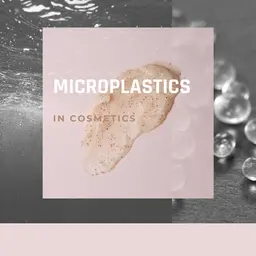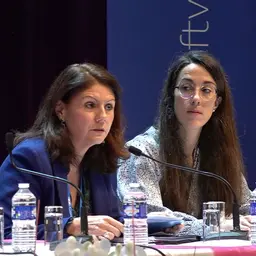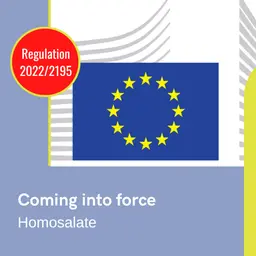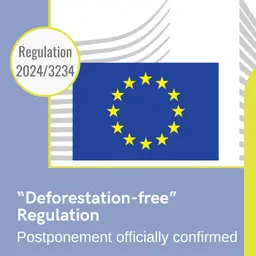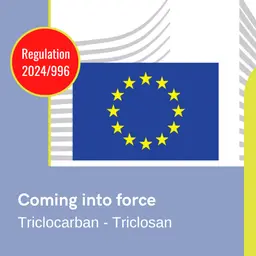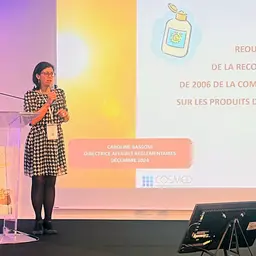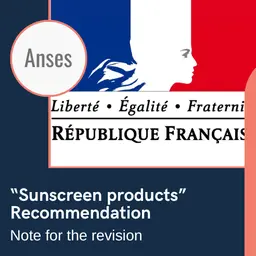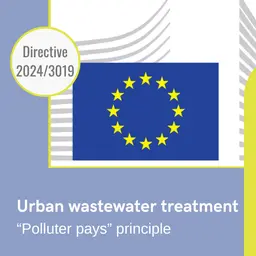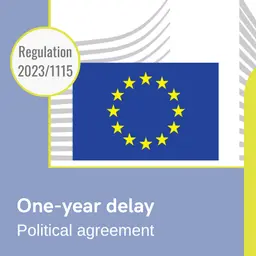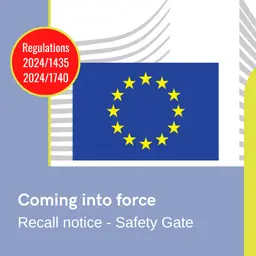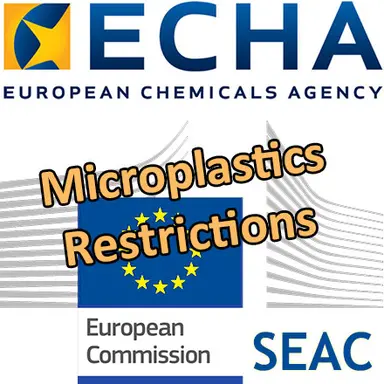
The Committee for Socio-economic Analysis (SEAC) has adopted its opinion on the restriction proposal, which would ban microplastics in products such as cosmetics, detergents, fertilisers and could lead to a ban of its use as soft infill on artificial turf sports pitches. According to estimates by the European Chemicals Agency, these restrictions would prevent the release of 500,000 tonnes of microplastics into the environment over 20 years.
ECHA Press Release
Each year around 42,000 tonnes of microplastics end up in the environment when products containing them are used. The market is also still growing. The biggest source of pollution is the granular infill material used on artificial turf sports pitches with releases of up to 16,000 tonnes a year.
In January 2019, ECHA proposed a wide-ranging restriction on intentional uses of microplastics in products placed on the EU/EEA market to avoid or reduce environmental pollution. The restriction proposal was developed in the context of the EU’s Plastics Strategy, which aims for a circular plastics economy and contributes to reaching the 2030 sustainable development goals, global climate commitments and the EU’s industrial policy objectives.
SEAC’s opinion
The adoption of SEAC’s opinion follows an earlier opinion by the Committee for Risk Assessment (RAC) in June 2020. Both committees concluded that an EU-wide restriction under the EU’s chemicals legislation REACH is the most appropriate means to address the risks of billions of small, solid plastic particles polluting our environment. SEAC also concluded on the expected benefits and costs to society of the proposal.
Bjorn Hansen, ECHA’s Executive Director says: “We need to protect our environment from microplastic pollution, and this …

